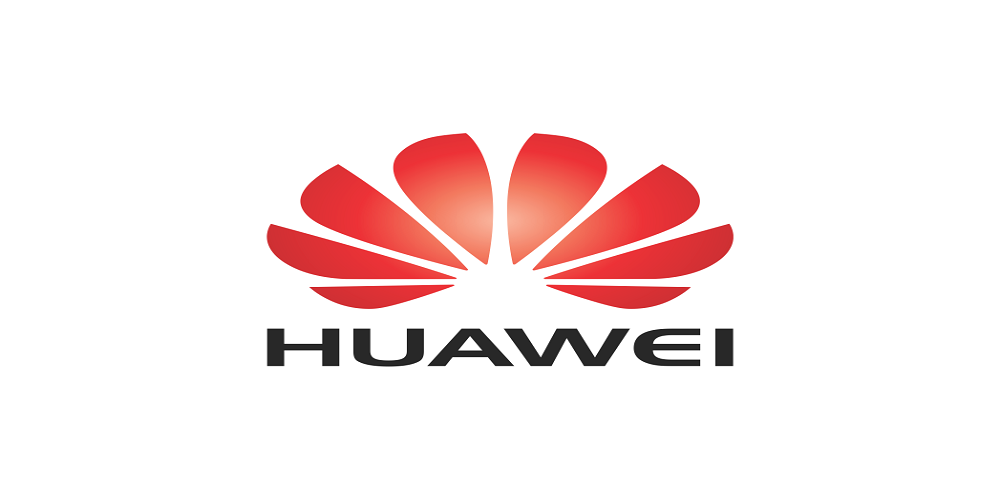Huawei launched its ‘AR Insights and Application Practice White Paper’ highlighting insights into the AR industry, the current industry trends, future AR devices, AR use cases, AR development platforms, and AR business ecosystem and landscape at large.
With 5G injecting new vitality into the cutting-edge technology and promoting its use in sectors like health, education, and social networking, the white paper foresees the global AR market to be worth $300 billion by 2025.
The advent of 5G will become a huge enabler of the AR industry and is expected to open many possibilities by providing high bandwidth, low lag time, and collaborative on-demand contextualized experiences. In addition, 5G will cut the cord connecting many AR headsets to PCs, with the cloud taking over the heavy lifting. High-quality AR will become possible in places where 5G is available because the technology will enhance the sense of “presence”, the feeling that consumers are really “there” inside the experience.
With technological advancements, the white paper forecast that AR headsets will become more popular in the consumer market. By 2026, products under $500 will dominate the sector and see explosive growth. At the same time, consumer AR headset shipments are forecast to exceed 53 million units. Huawei is also using AR to achieve the quick delivery of 5G base stations, greatly boosting delivery efficiency. With the mass-market adoption of future-oriented AR devices, AR is anticipated to bring digital to every person, home, and organization, to deliver Huawei’s vision for connectivity.
AR is not only about the device, the content, or the network but about combining the capabilities of all three to create a compelling offering. As a part of Huawei’s commitment to delivering leading AR products and solutions, the company announced a partnership approach for propelling the 5G+AR industry to its full potential.
AR can truly enable the convergence of the physical and digital worlds, and it will see massive adoption in five prioritized industries: education, social networking, retail, travel, and navigation, as well as health. AR applications have become a key engine for digital transformation and are profoundly changing the production methods for its application in almost every aspect of life in the upcoming era.
Health & Fitness
Navigation, speed, distance, voice chat with other riders, audio navigation directions, and heart rate are some of the key data that can be displayed through the implementation of AR glasses in the health & fitness sector.
Education
In the education sector, AR has been used to create fun and innovative educational experiences. AR is being used to make storybooks more interactive and stimulating to young children to enhance their learning experiences.
Social Communications
AR has brought changes to the way individuals share, communicate, and create content through social media. Functions of AR lenses such as enhanced video callings and filters, have provided additional novelty to the user experience and allowed more brands to get involved with innovative AR advertising and marketing.
Retail
AR enables the ability to overlay virtual objects onto real-world objects with the concept of “try before you buy”, and the ability to place virtual objects in real-world locations to provide an added incentive to attract customers into stores or restaurants.
Navigation & Tourism
Navigation is another key area where AR functions are being used today for a more intuitive navigation to give the user easy access to extra information.
About Huawei
Founded in 1987, Huawei is a leading global provider of information and communications technology (ICT) infrastructure and smart devices. We have more than 197,000 employees, and we operate in more than 170 countries and regions, serving more than three billion people around the world.
Our vision and mission is to bring digital to every person, home and organization for a fully connected, intelligent world. To this end, we will drive ubiquitous connectivity and promote equal access to networks; bring cloud and artificial intelligence to all four corners of the earth to provide superior computing power where you need it, when you need it; build digital platforms to help all industries and organizations become more agile, efficient, and dynamic; redefine user experience with AI, making it more personalized for people in all aspects of their life, whether they’re at home, in the office, or on the go.
For more information, please visit Huawei online at www.huawei.com


